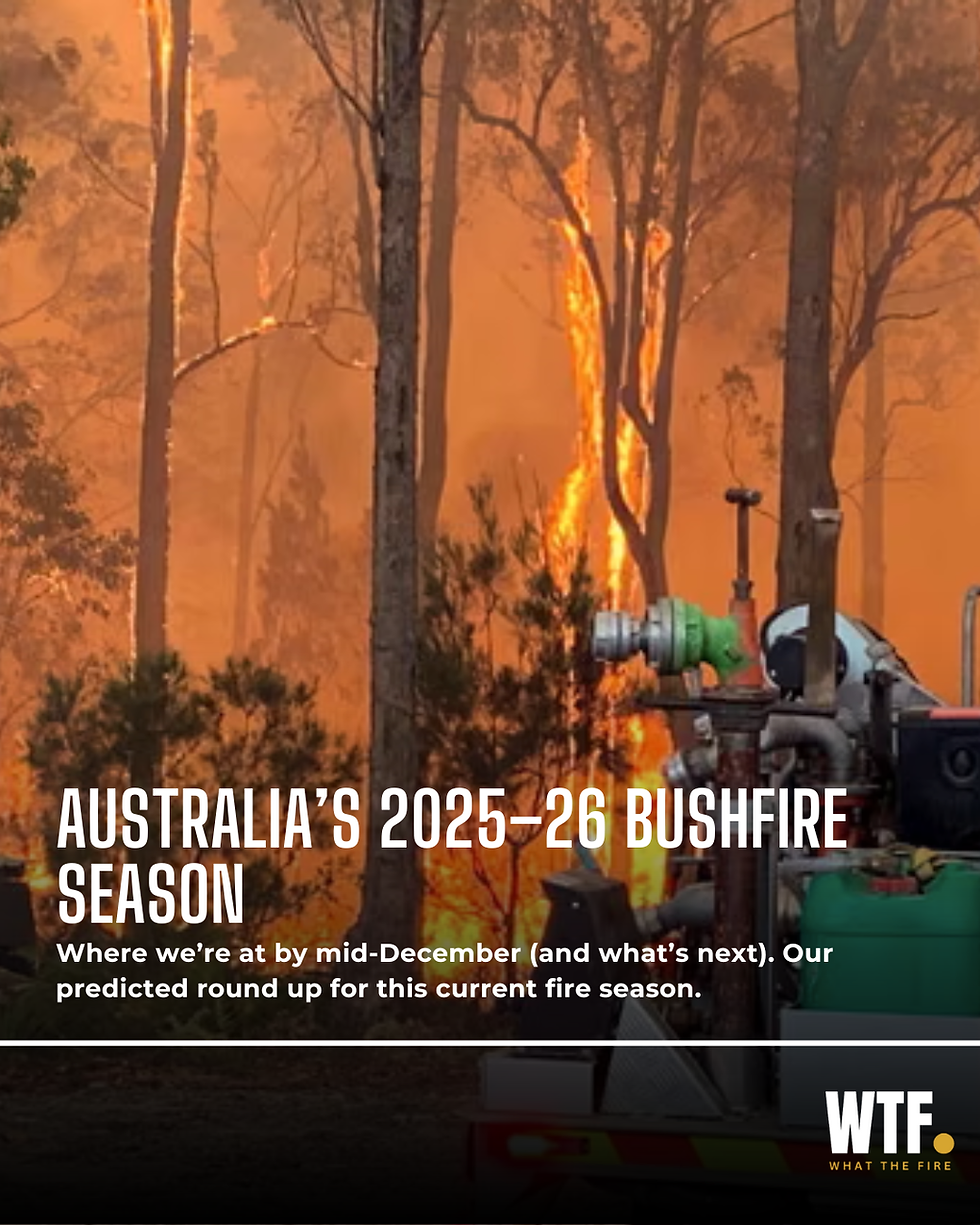The Rising Flames: Financial Crises and Arson
- Jan 16, 2025
- 3 min read
The cost-of-living crisis and global financial instability have placed unprecedented pressure on households and businesses worldwide. Historically, economic downturns have correlated with an uptick in certain criminal activities, notably deliberate fires and subsequent insurance fraud. Understanding the factors contributing to this rise is crucial for both insurance professionals and fire investigators, who play a pivotal role in mitigating its impacts.
The Economic Context: Global Financial Crisis and COVID-19
Economic downturns have long been associated with increased criminal activities, including deliberate fires and insurance fraud. The Global Financial Crisis (GFC) of 2007-2008 is a stark reminder of how financial strain can lead to a surge in arson cases. During the GFC, unemployment rates soared to 10% in many countries, leaving individuals and businesses grappling with financial instability. According to the International Labour Organisation (ILO), the crisis resulted in over 30 million job losses globally, creating widespread economic distress. Similarly, during the COVID-19 pandemic, the sudden economic shutdowns pushed millions into financial precarity. The Australian Bureau of Statistics reported a peak unemployment rate of 7.4% in July 2020, while the UK Government noted that over 11.6 million workers were furloughed at the pandemic’s height.
In parallel, the National Fire Protection Association (NFPA) observed a notable increase in fire incidents during these crises. For instance, arson rates in the United States rose by 15% in 2008 and saw a similar uptick in 2020. The Insurance Council of Australia highlighted that deliberate fires accounted for an estimated $300 million in claims in 2020 alone, underscoring the financial burden on insurers during periods of economic upheaval.
The Link Between Economic Hardship and Arson
Economic hardship often acts as a catalyst for deliberate fires. Historical and contemporary data reveal that individuals and businesses in financial distress may resort to arson to secure insurance payouts. The Australian Institute of Criminology (AIC) reported a 20% increase in fire-related insurance claims following the GFC, many of which were deemed suspicious upon investigation. Similarly, during the COVID-19 pandemic, the UK’s Office for National Statistics (ONS) reported a 12% rise in deliberate fires compared to pre-pandemic levels.
The motivations for such actions are complex. On an individual level, financial desperation can lead people to destroy personal property to claim insurance funds. For businesses, arson might be seen as a way to offset mounting losses or escape from unsustainable operations. In both scenarios, the perpetrators often believe their actions are justified due to the overwhelming financial pressures they face. However, these acts constitute fraud, pose significant risks to public safety, and strain emergency services.
Challenges for Insurance and Fire Investigators
The intersection of economic crises and arson presents unique challenges for insurance companies and fire investigators. Deliberate fires are often planned, with perpetrators aiming to obscure evidence of foul play. Modern accelerants and ignition methods can make it difficult to differentiate between accidental and deliberate fires, increasing the complexity of investigations.
The Australian Institute of Criminology notes that a lack of expertise in identifying arson indicators often results in fraudulent claims being paid out. Furthermore, the rise of organised crime groups exploiting economic downturns to commit large-scale insurance fraud adds another layer of complexity. Investigators must also contend with resource constraints, as economic downturns can lead to budget cuts for fire departments and insurance fraud units.
Training and Support from Forensic Origin and Cause Investigation
Given the intricate nature of arson cases, the role of specialised training for insurance companies and fire investigators cannot be overstated. Forensic Origin and Cause Investigation offers tailored training programs that can be curated to equip organisations and professionals with the skills to handle these cases.
By investing in training and education, organisations can better protect themselves against the financial and reputational damage caused by arson and insurance fraud.
References
Insurance Council of Australia (ICA). Data Hub. Retrieved https://insurancecouncil.com.au/industry-members/data-hub/
Australian Institute of Criminology (AIC). Annual Report 2020–21. Retrieved from https://www.aic.gov.au/sites/default/files/2021-10/aic_annual_report_2020-2021.pdf?
Australian Institute of Criminology (AIC). Offending and Reoffending Patterns of Arsonists and Bushfire Arsonists in New South Wales. Retrieved from https://www.aic.gov.au/sites/default/files/2020-05/tandi348.pdf?
Australian Institute of Criminology (AIC). Homicide in Australia 2020–21. Retrieved from https://www.aic.gov.au/publications/sr/sr42?
Insurance Council of Australia (ICA). ICA Reports Archives. Retrieved from https://insurancecouncil.com.au/type/ica-reports/?
Insurance Council of Australia (ICA). Factsheets Archives. Retrieved from https://insurancecouncil.com.au/type/factsheets/?
Australian Institute of Criminology (AIC). Statistical Report Series. Retrieved from https://www.aic.gov.au/publications/sr?
Australian Institute of Criminology (AIC). Insurance Fraud. Retrieved from https://www.aic.gov.au/publications/tandi/tandi66?utm_




Comments